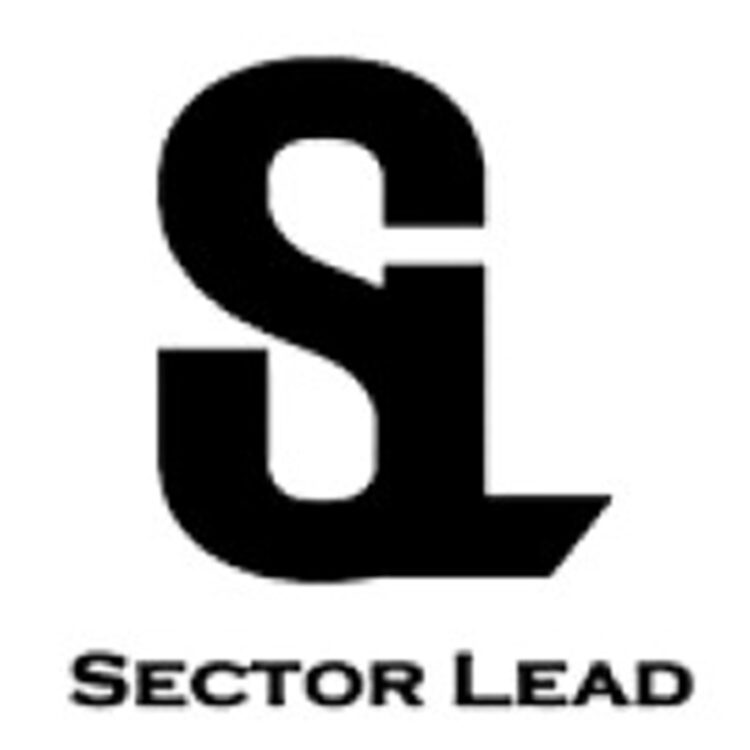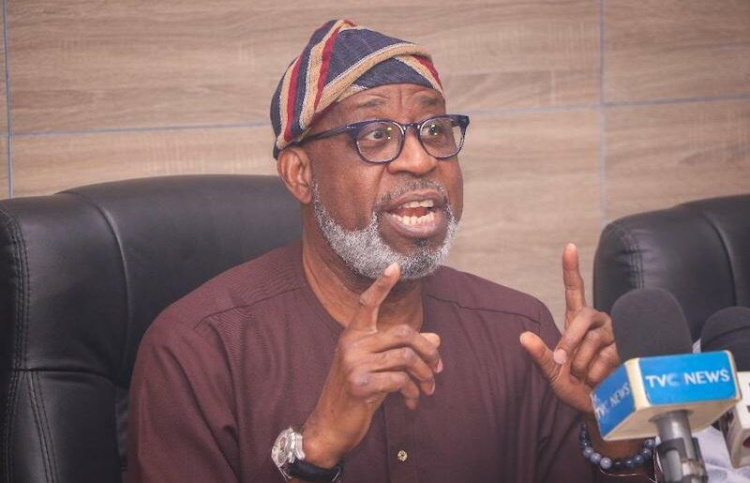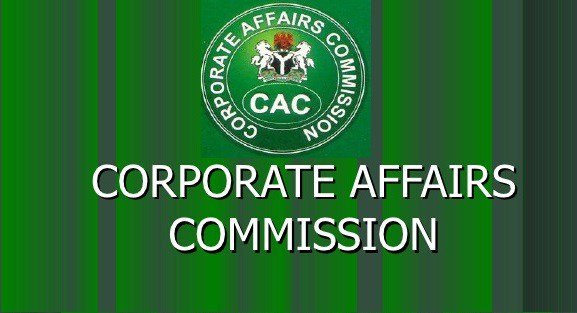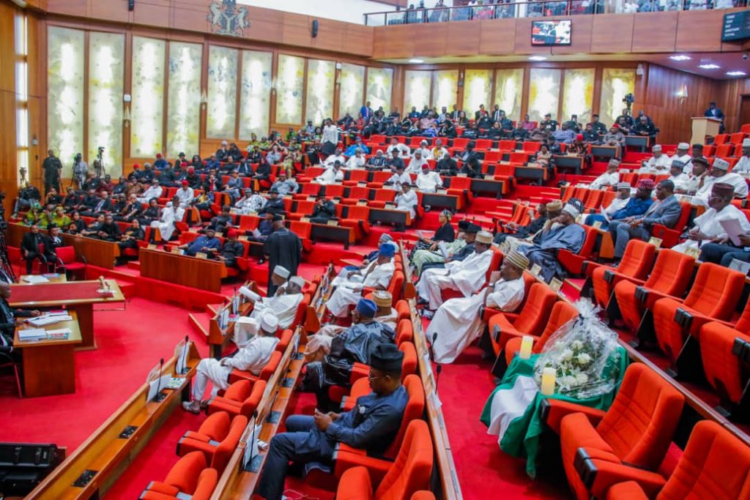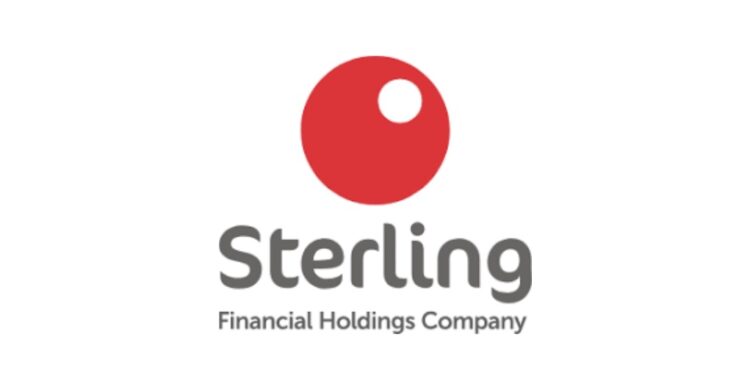
To foster more private sector participation in the drive towards the achievement of the Sustainable Development Goals (SDGs) in Africa, the Sterling One Foundation has announced African Export-Import Bank (Afreximbank) as its strategic partner in hosting the third edition of the Africa Social Impact Summit (ASIS).
The event, to be held from July 25 to July 26, 2024 in Lagos, will focus on identifying strategies to mitigate risks in the continent’s investment opportunities to boost impact investment flows, drive policy-influencing conversations, and foster effective partnerships for sustainable growth.
Private sector involvement in driving social impact has hitherto been touted as a key component for achieving the SDGs, given the funding capacities of the sector to drive scale and the opportunity to champion responsible consumption through policies, production processes, output, and specific projects.
Having Afreximbank, the continent’s leading multilateral financial institution devoted to financing and promoting intra – and extra – African trade will help drive conversions in the development financing space.
CEO of the Sterling One Foundation, Olapeju Ibekwe explained that “ASIS brings together leaders from across sectors to share learnings, ideas, and plans for accelerating the achievement of the Sustainable Development Goals in Africa.
“Trade is a fundamental piece of this development process, and there are few organisations in Africa with the insights to drive increased productivity for the continent like Afreximbank.”
Regional chief operating officer, Anglophone West Africa at Afreximbank, Eric Monchu Intong highlighted that the Bank’s collaboration with Sterling One Foundation in hosting the Summit is part of the long-standing and strategic relationship with Sterling Bank Nigeria as it presents an opportunity to support participating organisations.
Intong added that this will be achieved through knowledge sharing on Afreximbank’s mandate, programmes and facilities through which innovative financing solutions are deployed in a bid to increase Africa’s share of global trade.
“We are excited about this partnership as it gives us an opportunity to strengthen alliances for our shared destiny, prosperity and the economic emancipation of our continent under the African Union Agenda 2063 – the Africa we want. We are particularly pleased with its multisectoral approach as we understand that one organisation or one sector alone cannot drive the level of sustainable growth the continent requires,” he added.
Intong added that Afreximbank has been at the forefront of driving key economic development initiatives across Africa, the Intra-African Trade Fair (IATF) that attracted deals and transactions valued at $43.8 billion in 2023, African Medical Centre of Excellence (AMCE), a 500-bed quaternary hospital under construction in Abuja, Nigeria to specialise in haematology, oncology, cardiology and general medicine including a nursing and medical school.
According to him, the AMCE will also be rolled out in five other African countries to turn the continent into a medical tourism hub. Other initiatives include, the AfCFTA Adjustment Fund, the Afreximbank Africa Collaborative Transit Guarantee Scheme and the Afreximbank Africa Trade Centre, among others.
The Africa Social Impact Summit, now in its third year, will be held in Lagos.
Copied


